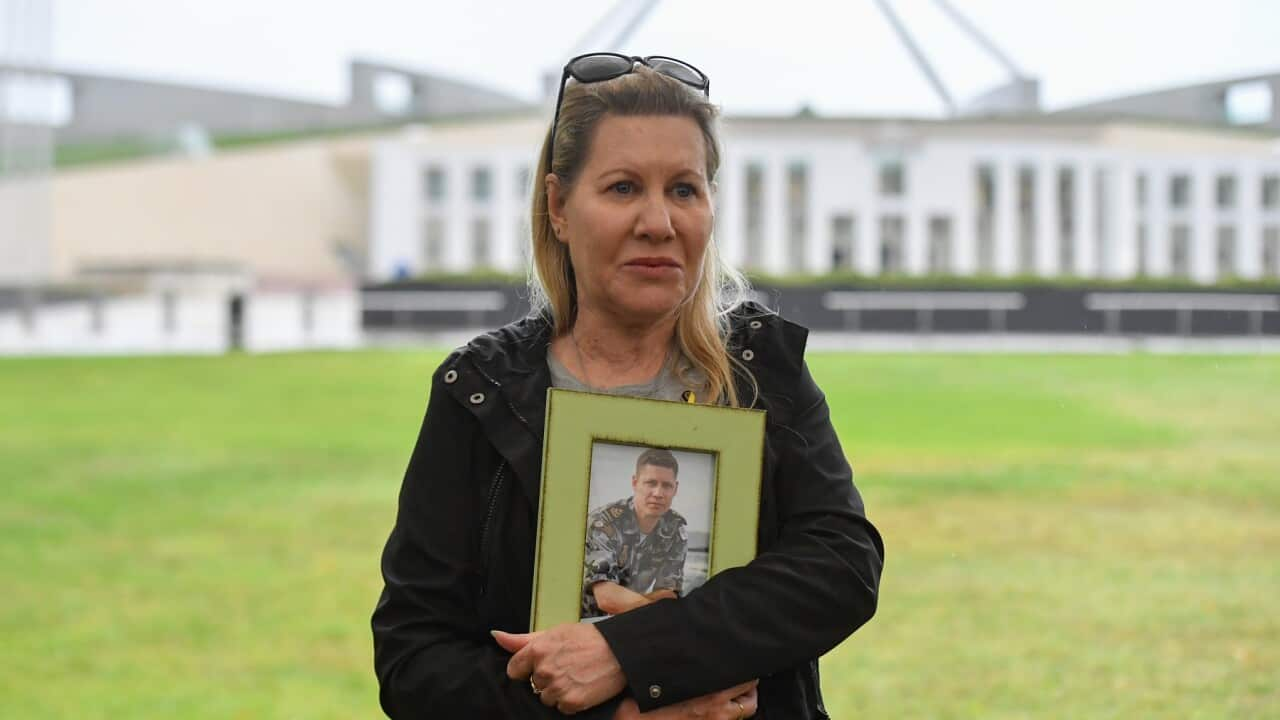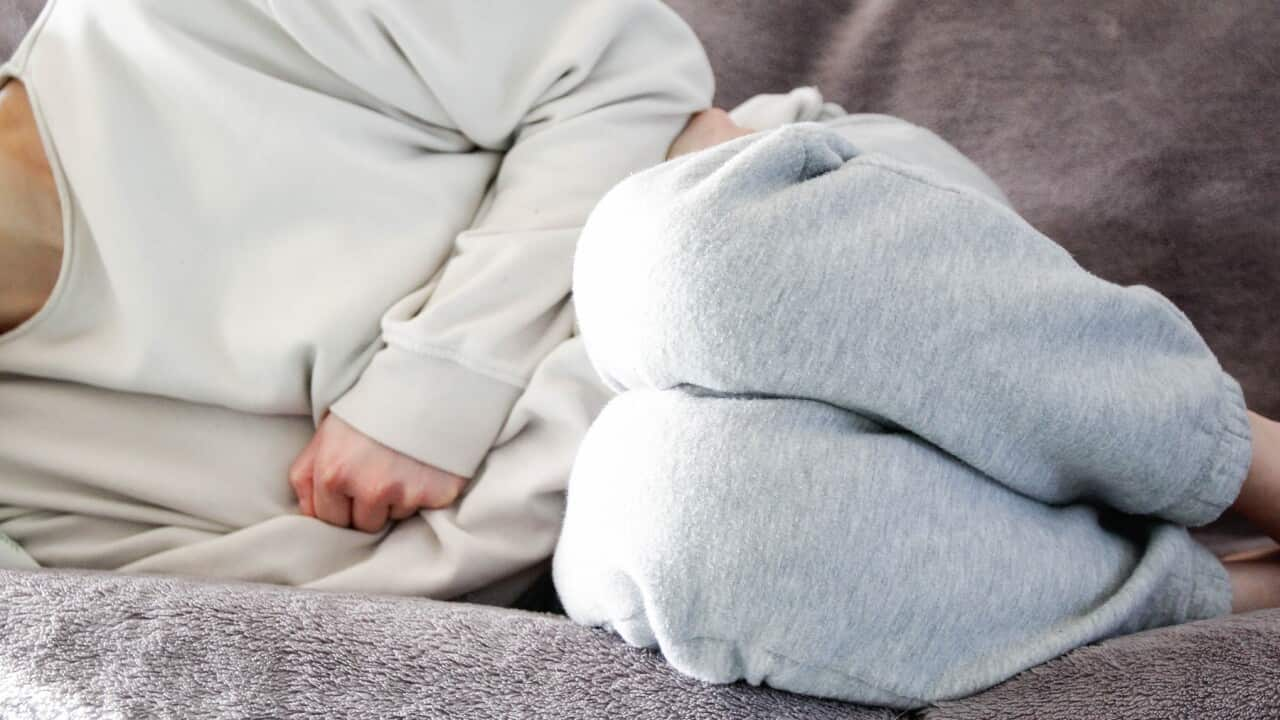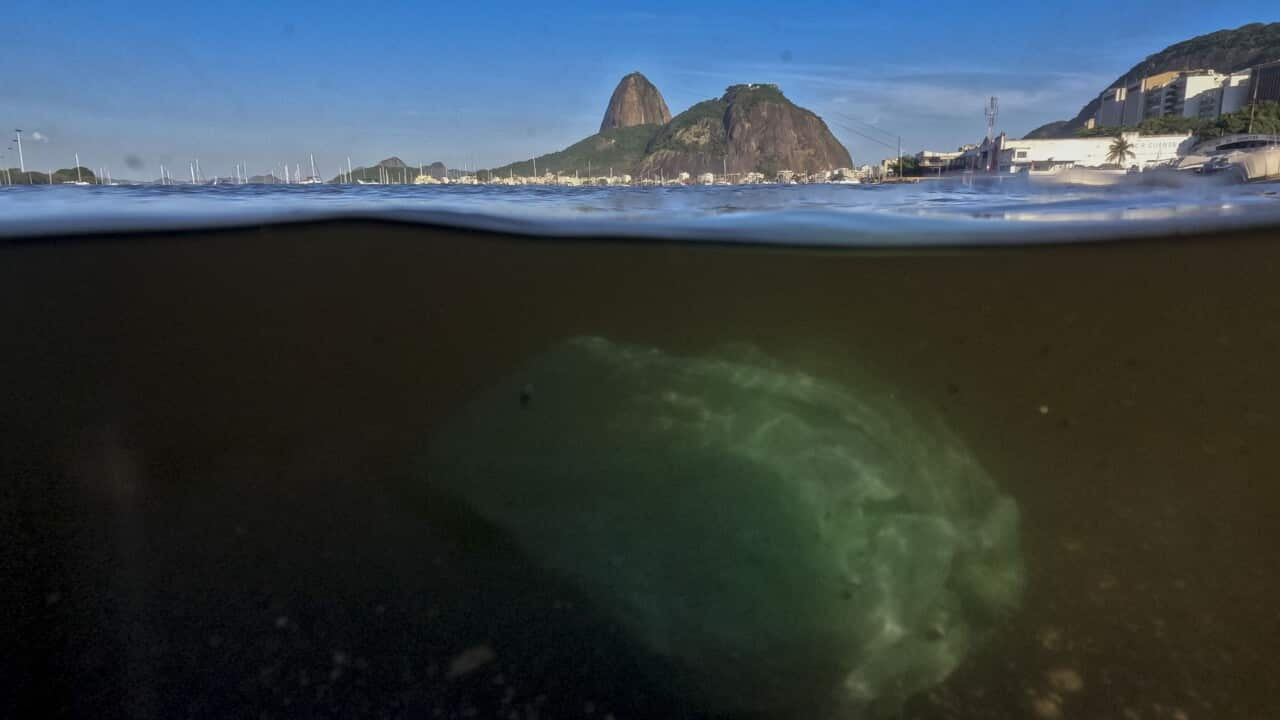TRANSCRIPT:
"I wish that I was unique. I wish that I could get up here and just be a mum who has a sad story. But I can't because there's too many. It's just a veteran's suicide. But for me, it's my boy. It's my only son. It's my daughter's brother. And David, I am so proud of you. I am so blessed to be your mum, and I hope that you can be proud of yourself today too. This won't be in vain, David. I love you and thank you for your service."
These are the words of a mother whose life has been forever changed.
Julie-Ann Finney is the mother of now-deceased navy veteran David Finney, finally having the chance to share her son's story at the Royal Commission into Defence and Veteran Suicide, an inquiry she helped to bring about.
Ms Finney has accused the defence forces of not taking her son's mental health seriously and putting his life at risk.
But prior to his death she says she was convinced the military had David's best interests at heart.
"I absolutely believed that this was the Defence forces, that the defence forces would look after you no matter what. You are family; we will look after you. We will have your back - but his workplace, nobody is out there looking after your child. This family that they pretend to be are not there in any way, shape or form if you are in any way in distress."
In 2007, David Finney and his partner had their first child who tragically died of sudden infant death syndrome.
Ms Finney says the events following her grandson's death were emblematic of the navy's handling of personal trauma experienced by their personnel.
"He was so beautiful. And one day he just died. And my son and his wife went back to work. And I didn't realise that until after David died. I really didn't. I now know that that is how defence handled personal problems when when they have problems of any sort. This was a problem that the defence saw was being overcome back to work back into it. And I have to say, like, don't get me wrong, his mates cared. But as a workplace, nobody cared."
The Royal Commission was established in July 2021 to examine cultural, structural and systemic issues that are contributing to high rates of suicide and suicidal behaviour in the military community.
It has focused on leadership, accountability and military justice, as well as issues relating to the rehabilitation of veterans and the organisational culture of the Department of Veterans’ Affairs.
Professor Ben Wadham of Flinders University is a veteran himself, and now focuses much of his research on the experiences of service personnel and their families.
He says the culture within the defence forces often does not allow service members to feel well supported when they experience trauma or other mental illness.
"What we know about the Australian defence forces is that it's very difficult to show vulnerability. You expose yourself to some risk and you expose yourself to some trauma and difficult things and when that takes its toll on someone, someone's performance may wane a little bit or they might come out with PTSD and other mental health issues. And both peers, commanders and health services don't always respond appropriately, particularly peers. They can stigmatise people for having an illness."
The royal commission's preliminary report indicates at least 1,600 serving and ex-serving ADF members died by suicide between 1997 and 2020.
Professor Wadham says the military has faced many reviews since the Vietnam war and has failed to effectively address many of those concerns.
"We've seen over 50 reviews into military culture and military training since at least 1970, about 700 recommendations and few have been followed through. I think we need an independent body, a mechanism of independent scrutiny. Something like an Australian defence force administrative review board that takes the enquiry into these sorts of issues out of the hands of defence and into an independent statutory body."
David Finney was a well-decorated officer, earning a medal in one notable incident for putting out a potentially disastrous fire onboard H-M-A-S Tobruk.
His mother has told the Royal Commission that David had reached out to support services within the navy as well as the Department of Veterans Affairs to no avail, before taking his own life in February 2019.
"He said 'I'd been trying to get help for eight weeks for eight weeks. I knew that I was headed down this path and I was trying to get help, but nobody would help me and nobody would listen'. Yes, they failed him. I had every opportunity to wrap him up to take care of him. I would have been happy for him to be in hindsight, restrained. Not really. I would have been happy to know that somebody tried to save my son."
The Black Dog Institute is a not-for-profit medical research institute that specialises in mental health.
Head of Implementation Janey McGoldrick says there are many unique issues that veterans face when attempting to access mental health services.
"We hear things like lengthy admin processes to access health services and claim benefits inadequate referrals from doctors who aren’t familiar with local or national veteran support services, discrimination due to their trauma related conditions at times and feeling triggered, for example, in noisy or crowded waiting rooms. So there's quite unique characteristics and experiences that shape veteran mental health needs."
The Black Dog Institute has now released a specialised suicide prevention toolkit to support health professionals and frontline mental health workers across Australia’s 31 primary health networks.
Janey McGoldrick says the toolkit will help to deliver more targeted and responsive mental health services to veterans.
"The purpose of the toolkit that Black Dog Institute has developed with the Oasis, Townsville and Primary Health Networks across Australia is really about leveraging the strengths of Primary Health Networks and addressing veteran requirements and really encouraging veteran awareness and engagement with primary health care to improve their mental health outcomes."
After this round of hearings, the royal commission into defence and veteran suicide will adjourn until the 20th of November in Sydney.
Submissions can be made to the commission until the 13th of October, with a final report to be handed down in mid-2024.
If you or someone you know needs crisis support, contact Lifeline on 13 11 14, the Suicide Call Back Service on 1300 659 467 and Kids Helpline on 1800 55 1800 (for young people aged up to 25). More information and support with mental health is available at beyondblue.org.au and on 1300 22 4636.













